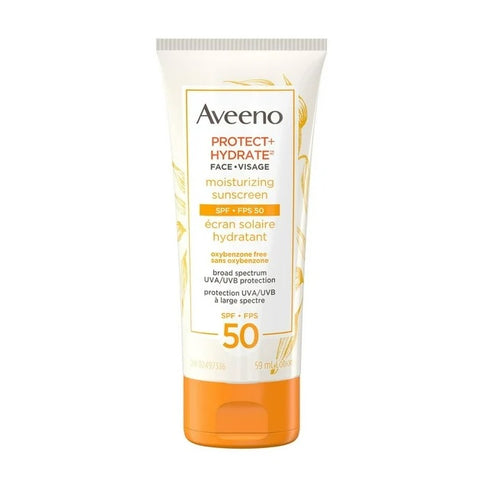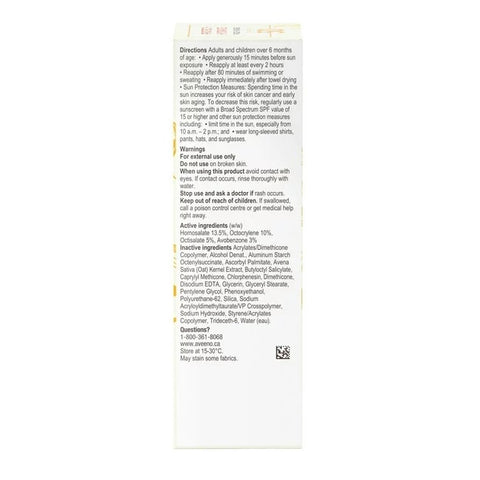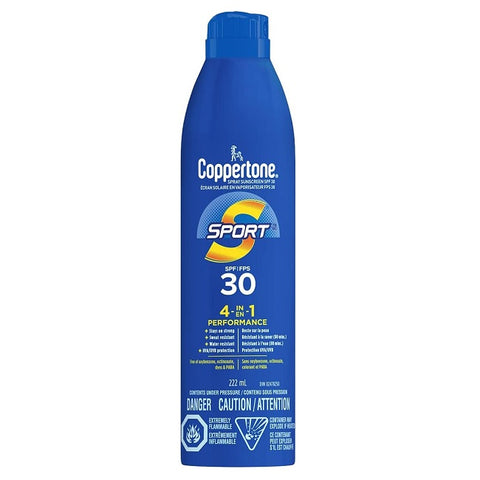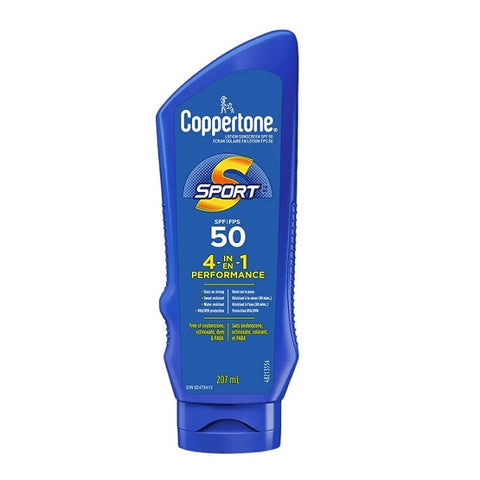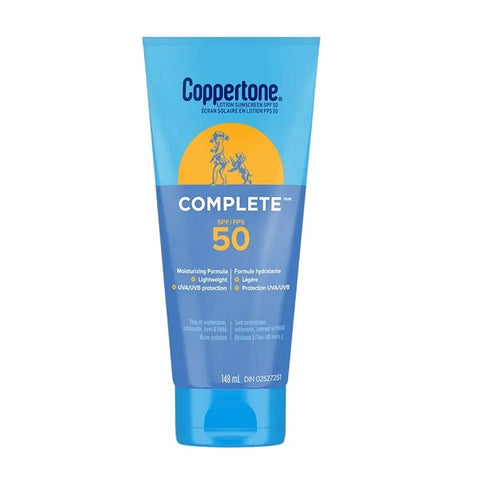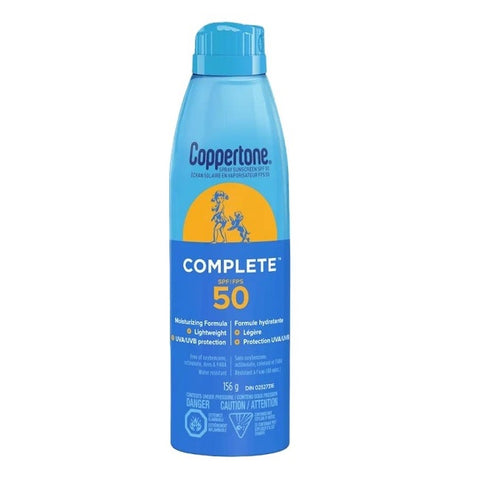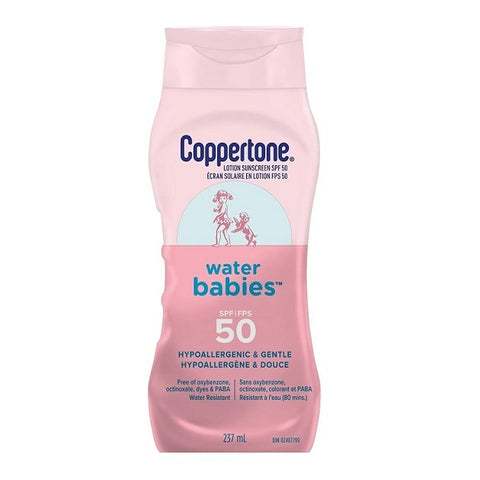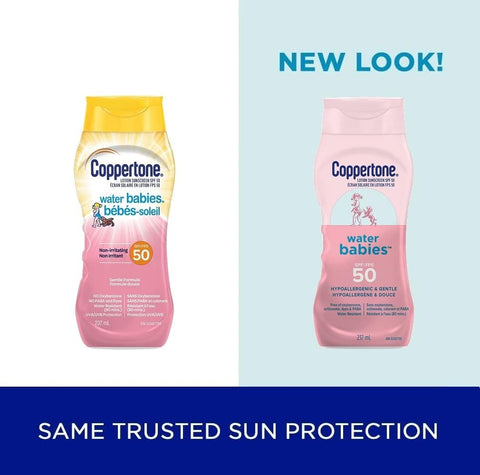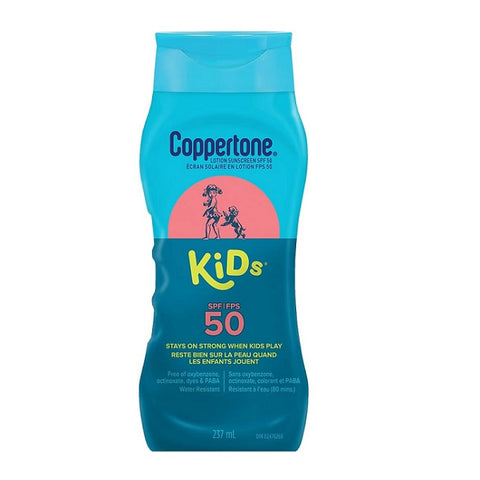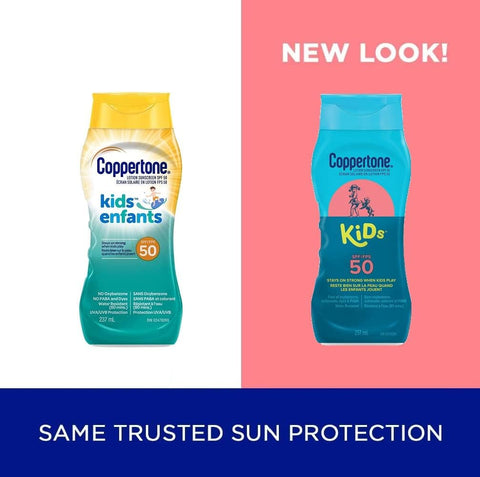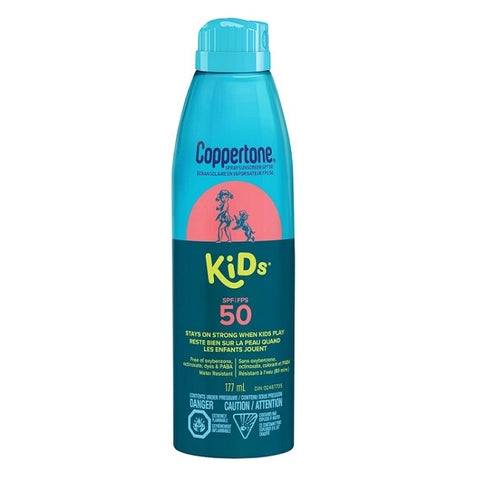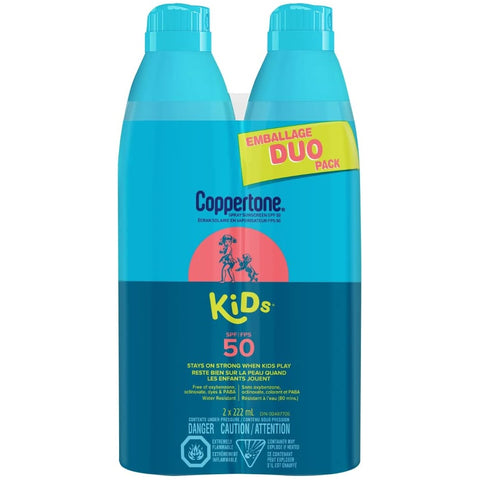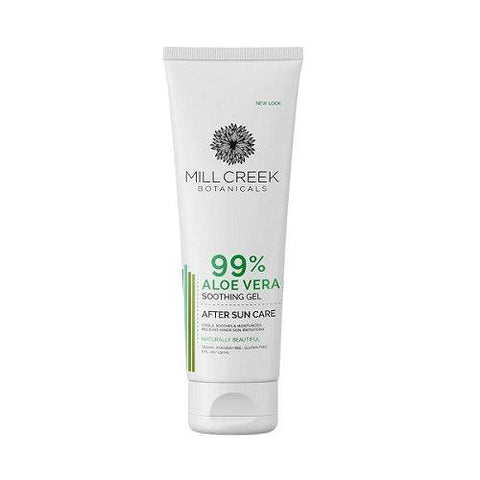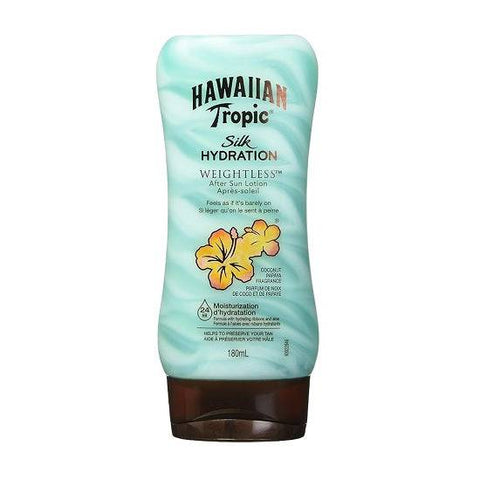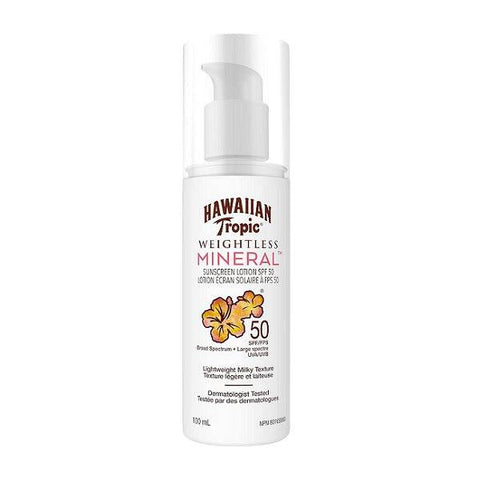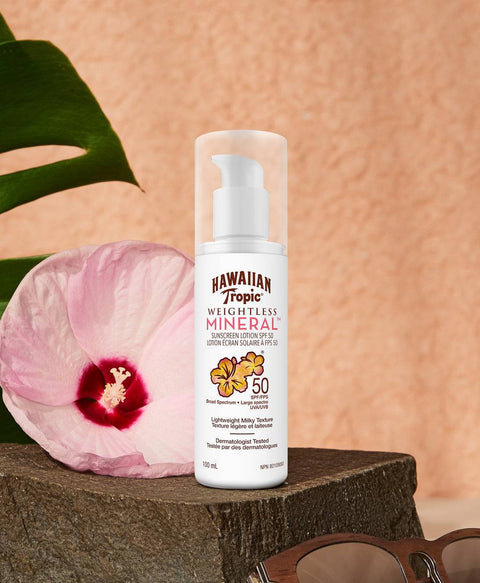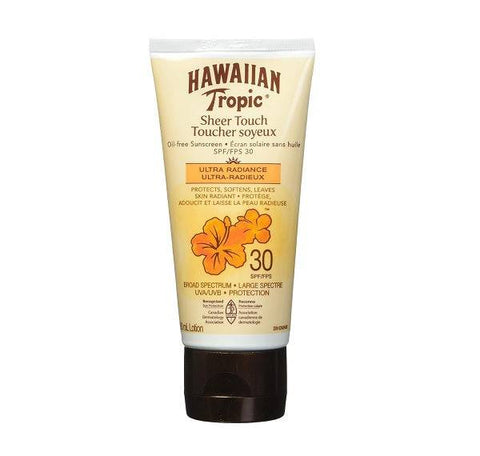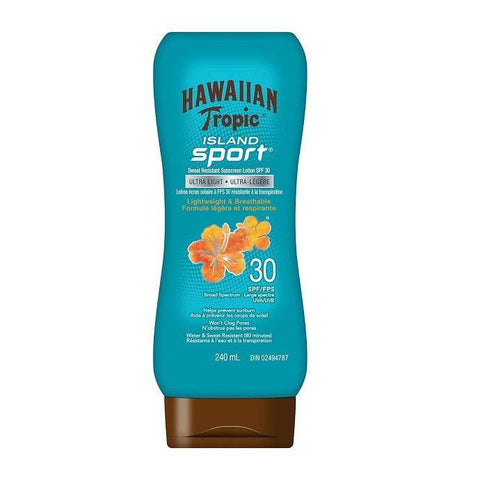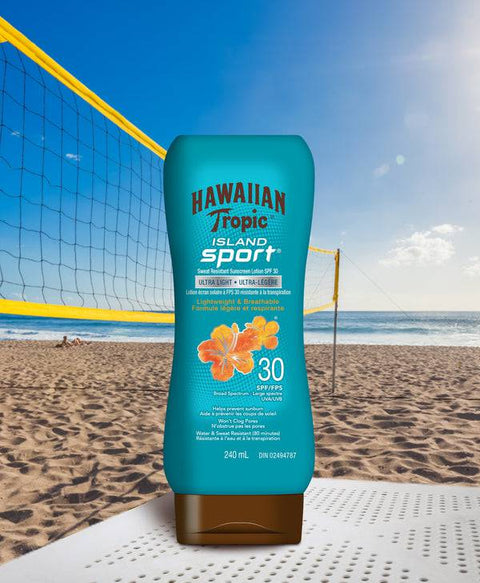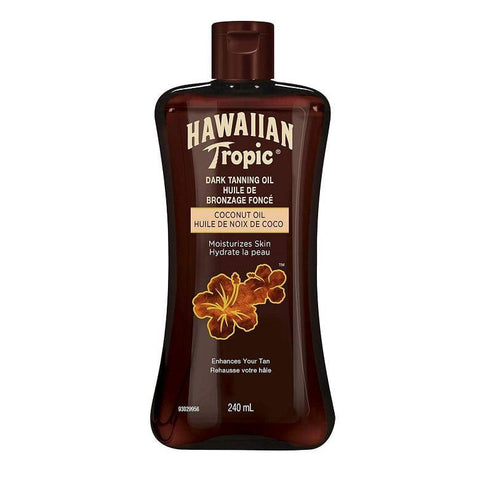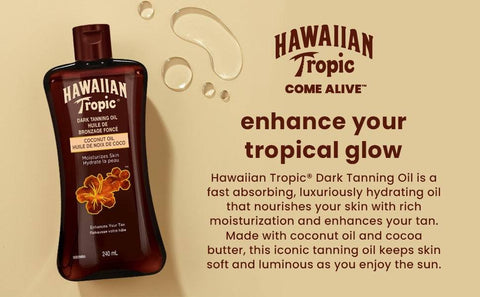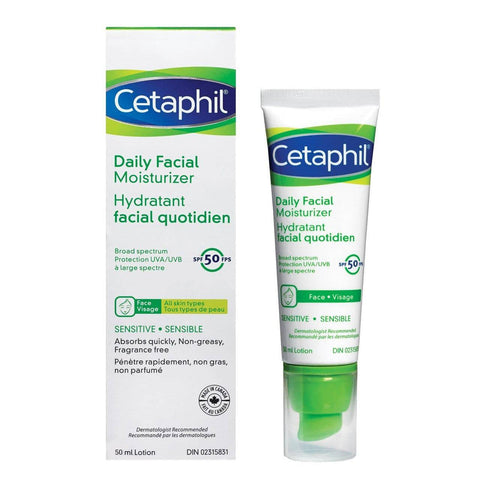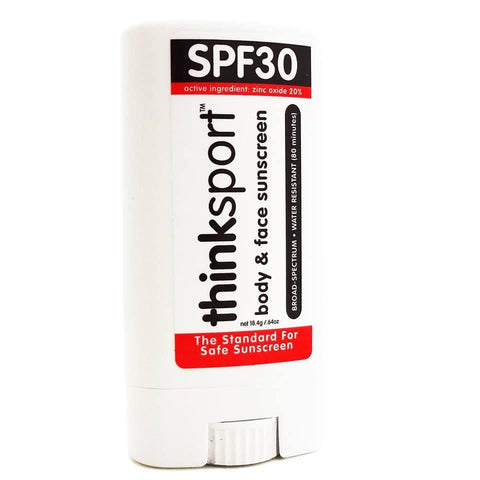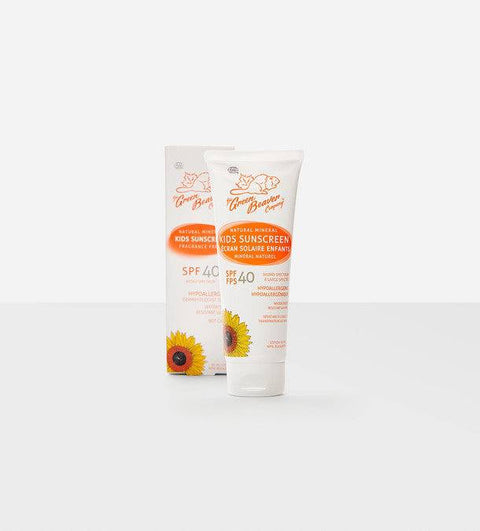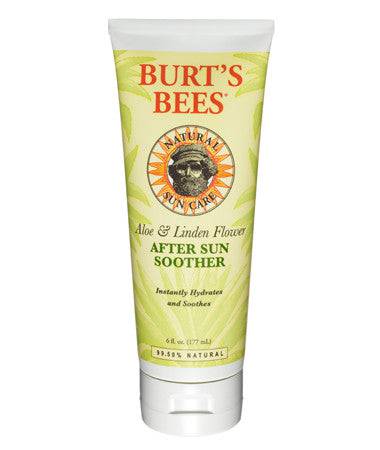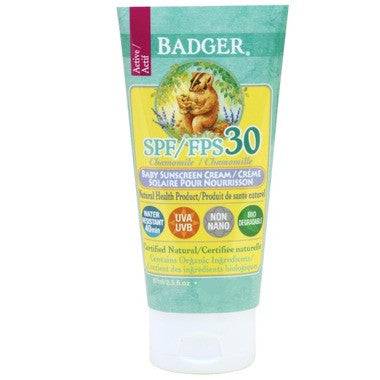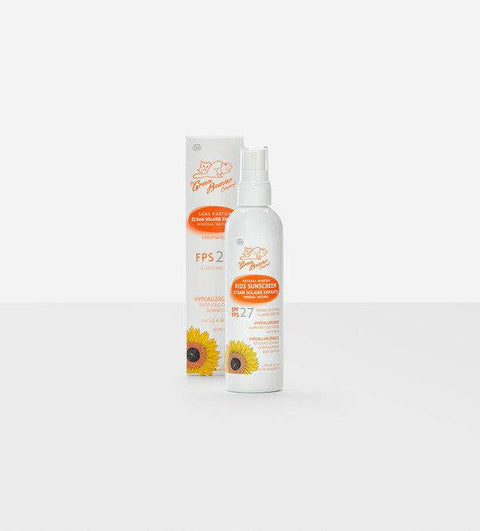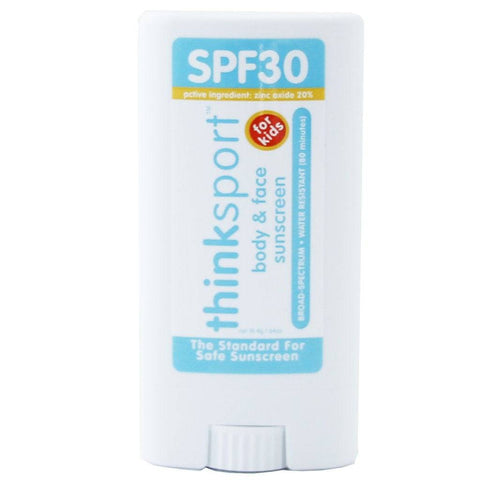After Sun Care & Aloe Vera
- After Sun Lotion & Gel: These lotions and gels are formulated to soothe and hydrate sunburned skin. They often contain ingredients like aloe vera, menthol, and calendula to reduce inflammation and promote healing.
- Cooling Gel:
Cooling gels provide a refreshing sensation to sunburned skin. They can help alleviate discomfort and itching. - Aloe Vera Gel & Lotion:
Aloe vera is a natural ingredient with soothing and healing properties. Aloe vera gel and lotion can help reduce inflammation, redness, and pain caused by sunburn.
Baby & Kids Sunscreen
- Children's Sunscreen, Pediatric Sunscreen, Kids SPF, Baby Sunscreen: These sunscreens are specially formulated for children's delicate skin. They are usually broad-spectrum, water-resistant, and hypoallergenic. Look for a sunscreen with an SPF of 30 or higher for your child.
- Child-friendly Sunscreen, Gentle Sunscreen: These sunscreens are free of harsh chemicals and fragrances that can irritate children's skin.
- Sensitive Skin Sunscreen: This type of sunscreen is formulated for people with sensitive skin. It is usually hypoallergenic and fragrance-free.
- Tear-free Sunscreen: This sunscreen is designed to minimize stinging or irritation to the eyes.
- Hypoallergenic Sunscreen: This sunscreen is less likely to cause an allergic reaction.
- Pediatrician-approved Sunscreen:
Look for this label for added peace of mind that the sunscreen is safe and effective for children.
Body Sunscreen
- Body SPF, Full-body Sunscreen: Sunscreen formulated for application to the body typically comes in lotions, sprays, and sticks. Choose a broad-spectrum sunscreen with SPF 30 or higher for adequate protection.
- Body Lotion with SPF: This is a convenient option that combines sun protection with hydration.
- Body Sunblock: Sunblock is a term sometimes used interchangeably with sunscreen. Body sunblocks may offer more physical protection by sitting on top of the skin and reflecting UV rays.
- Body Sunscreen Spray: Sunscreen sprays are a convenient way to apply sunscreen to large areas of the body. However, be sure to shake the can well and apply liberally and evenly to ensure coverage.
- Body Sunscreen Stick: Sunscreen sticks are portable and easy to apply to on-the-go areas like the face and shoulders.
- Water-resistant Body Sunscreen: If you'll be swimming or sweating, choose a water-resistant sunscreen and reapply according to the label's instructions.
- Sweat-proof Body Sunscreen: For active individuals, consider sweat-proof body sunscreen to minimize reapplication needs.
- Lightweight Body Sunscreen, Non-greasy Body Sunscreen: These sunscreens are formulated to feel comfortable on the skin, especially in hot weather.
Face Sunscreen
- Facial SPF, Face Sunscreen Lotion, Cream, Gel, Serum: Sunscreens for the face are typically lighter in texture than body sunscreens and may be oil-free or mattifying to prevent clogging pores.
- Face Sunscreen Stick: Similar to body sunscreen sticks, face sunscreen sticks are portable and convenient for on-the-go application.
- Facial Sunblock: Sunblock for the face offers physical protection from UV rays.
- Oil-free Face Sunscreen: This type of sunscreen is ideal for oily or acne-prone skin.
- Matte Finish Face Sunscreen: This sunscreen helps control shine and keep your face looking matte throughout the day.
- Non-comedogenic Face Sunscreen: This type of sunscreen is less likely to clog pores and cause breakouts.
Sun Care Lotions
- Sunscreen Lotion, Sunblock Lotion: Lotions are a popular choice for sun protection because they are easy to apply and offer good coverage.
- Moisturizing Sunscreen Lotion, Hydrating Sunscreen Lotion: These lotions combine sun protection with hydration to keep your skin moisturized.
- Nourishing Sunscreen Lotion: These lotions contain ingredients that nourish and protect the skin.
- Daily Sunscreen Lotion: A daily sunscreen lotion can be used as part of your regular skincare routine to protect your skin from sun damage even on cloudy days.
- Broad-spectrum Sunscreen Lotion: Look for this label to ensure the sunscreen protects against both UVA and UVB rays.
- Reef-safe Sunscreen Lotion: Look for sunscreens labeled "reef-safe" or "reef-friendly" as these options are less likely to harm coral reefs.
















